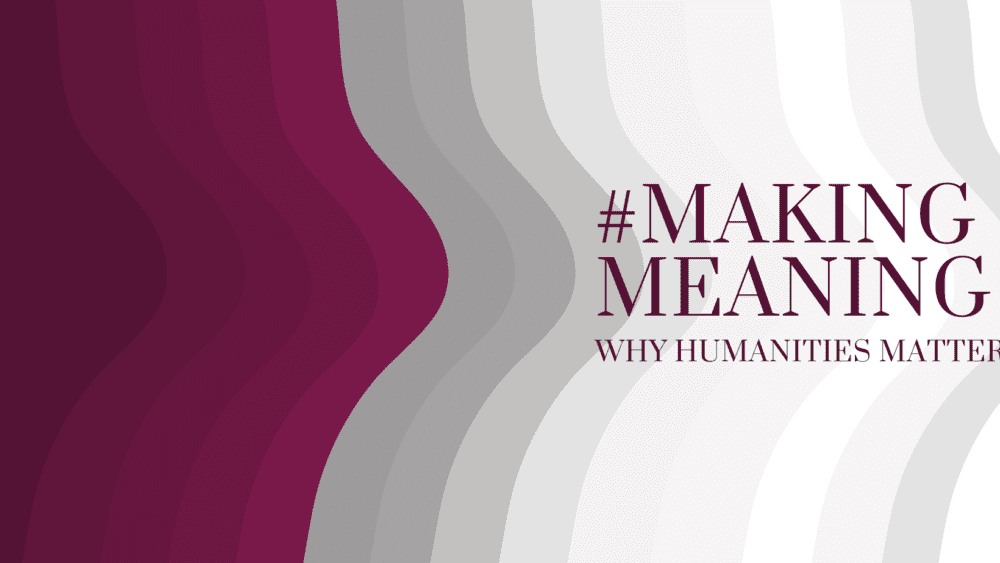This six-episode season is about the role the humanities have played during the pandemic and in our recovery across the greater United States. Each episode balances two interviews: one that tells a story from a public humanities program about a specific topic and another that takes a broad-ranging look at it with a humanities leader.

Making Meaning Podcast Episode 2: Civic Engagement by Way of Poetry
Carol Ann Carl, a storyteller from Pohnpei Island in the Federated States of Micronesia, talks about how she uses poetry to advocate for historically marginalized communities, and two-term US Poet Laureate Natasha Trethewey describes how poetry can articulate acts of civic engagement.

Why Civics Matters: Exploring What Civic Engagement Means Today
Given the upheaval and tragic losses of the pandemic, among so many other unprecedented events that have since materialized, it makes sense that our ideas about civic tenets like community, responsibility, and involvement are changing.
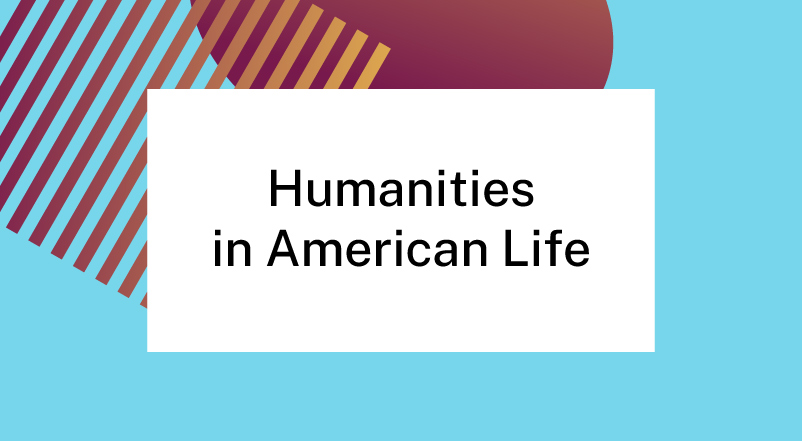
Celebrate Black History Month Throughout the Year with a Council Near You
Our country celebrates Black history this month, but Black history is an ever-present bedrock of who we are as a country. Where is that history? Everywhere! But I only had to look to any of the many humanities councils to learn what it is, how it is recorded, and whose stories it tells. With so many virtual programs going on this year, that meant with a good internet connection I had access to a treasure trove…

Challenging Our Own Thinking: Former MN Supreme Court Justice Alan C. Page Talks About Growing Up in the 1950s and Discrimination in America
On a Wednesday afternoon gathered together on Zoom, Dr. Faith Wambura Ngunjiri, director of the Lorentzen Center for Faith and Work and associate professor of Ethics and Leadership at the Offutt School of Business at Concordia College, opened a conversation with former Minnesota Supreme Court Justice Alan C. Page by asking what she called a safe and gentle question: Why is it so difficult to talk about race?
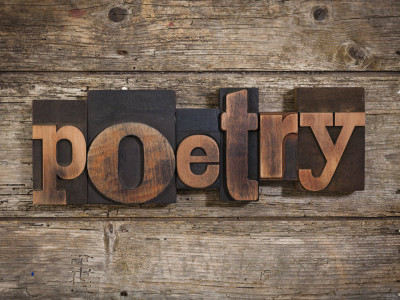
April is National Poetry Month and Councils are Celebrating
See what councils across the country are doing to celebrate poetry!

April Council Pulitzer Prize Centennial Campfires Programming
More than 20 councils are hosting 68 Pulitzer Prize Centennial Campfires events through more than 35 programs around the country.
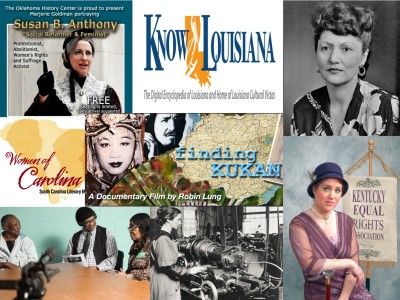
Councils Honor Women’s History Month
Across the country, council are running programs related to women’s history including sponsoring documentary films, performing living history presentation, recording oral histories and connecting communities to its history.

March Pulitzer Campfires Council Programming
From mountain sports, adventure journalism, war, political cartoons, incarceration and poetry, to reading, discussion, listening and understanding, council programs touch upon a diverse set of topics for this month’s Pulitzer Campfires programming.
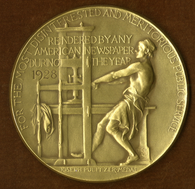
Pulitzer Prizes and FSHC Launch Centennial Campfires Programming
Pulitzer and the Federation of State Humanities Councils kick-off the 2016 launch of the Pulitzer Centennial and Campfires Initiative
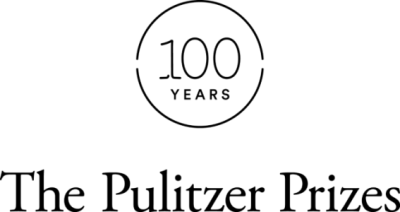
Forty-Six State Humanities Councils Awarded Funding for Pulitzer Prizes Centennial Campfires Initiative
Awards total more than $1.5 million for grassroots programming in celebration of the Pulitzer’s Centennial.
